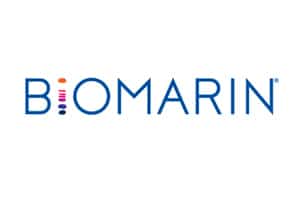
BioMarin and NICE had a rocky start with Batten disease therapy Brineura, but the two have now come to an agreement.
The positive recommendation of Brineura was agreed by NICE’s Highly Specialised Technology committee. The disease, known as neuronal ceroid lipfuscinosis type 2 (CLN2), is a very rare inherited condition. According to NICE, it is thought to affect between one and six babies every year in the UK.
Although Brineura does not does not cure the disease, NICE agreed that it is an important development in the treatment of the condition. There is currently no cure or life-extending treatments for CLN2, so the approval is likely to be met with elation from patient groups.

Meindert Boysen, director of the Centre for Health Technology Evaluation at NICE
“This treatment shows great promise in slowing the progression of this devastating condition to allow children to enjoy normal childhood activities for longer which is so important,” said Meindert Boysen (pictured above).
The initial decision to reject the therapy was down to the cost of the therapy. Despite the disease affecting up to six infants each year (with up to 50 children in the UK living with the condition), the £500,000 ($651,100) per patient per year price tag was considered to not be value for money in the absence of long-term effectiveness data.
However, the therapy has now been approved in the context of a managed access agreement between BioMarin and the cost-effectiveness watchdog. BioMarin have said that the two have “agreed a fair price”, but as the financial details of the deal are confidential, the exact amount is unknown. However, it is likely that BioMarin will have had to make a concession on price to reach an agreement.
The announcement coincides with an ongoing judicial review, which would have looked at new evidence supporting the therapy. NICE seems to have jumped the gun, approving the therapy before the review of the new data.
Health Secretary Matt Hancock also commented on the approval: “I’m absolutely delighted this new treatment will be funded by the NHS, giving families dealing with the devastating impact of Batten disease renewed hope for a better quality of life for their child.”
NICE is due to provide a further update on the expected publication date of the Final Evaluation Document soon, which will reveal the full details of the committee discussion and recommendation.




